Introduction
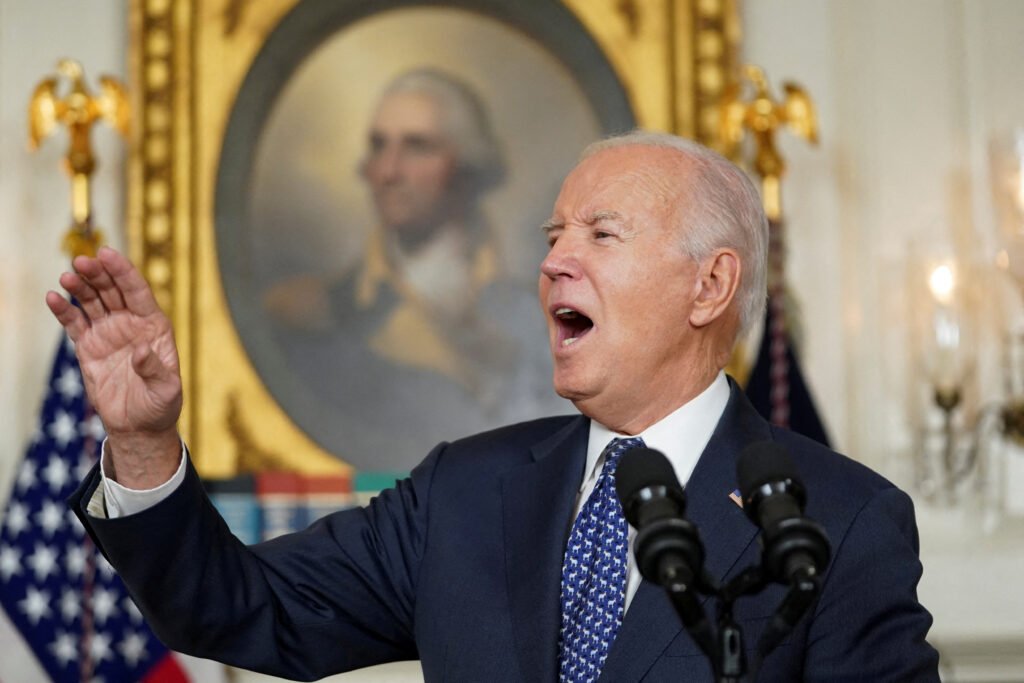
Joe Biden, a prominent figure in American politics, has navigated a complex landscape over his extensive career spanning more than three decades. His tenure includes various roles, most notably serving as a Vice President and eventually being elected President in 2020. However, this prolonged political journey is marked by a series of controversies that have sparked debates across the political spectrum. The objective of this blog post is to delve into these controversies and critically assess his actions and decisions throughout his lengthy career.
Central to the critique of Biden’s legacy are the themes of racism, foreign engagements, and personal controversies, each of which warrants a thorough examination. His long history in the Senate often evokes discussions about his stance on race and the implications of his legislative decisions, particularly regarding criminal justice and civil rights. As Biden grappled with the racial dynamics of American society, contradictions in his policies have raised questions about his commitment to equality and justice.
Additionally, Biden’s foreign policy decisions, shaped by his experiences on the Senate Foreign Relations Committee and as Vice President, have further fueled contention. His approaches to international conflicts, NATO relations, and more recently, his administration’s handling of global crises require analysis to understand their broader implications for national and global security.
Moreover, the personal controversies associated with Joe Biden, notably those relating to his family and public image, contribute to a multifaceted narrative that complicates his political persona. Understanding these elements is crucial in contextualizing Biden’s actions within the framework of contemporary politics. This exploration will provide insights into the controversial legacy of one of America’s most influential politicians, setting the stage for a more comprehensive critique of Joe Biden and his long tenure in public service.
A Historical Context: Biden’s Role in Politics
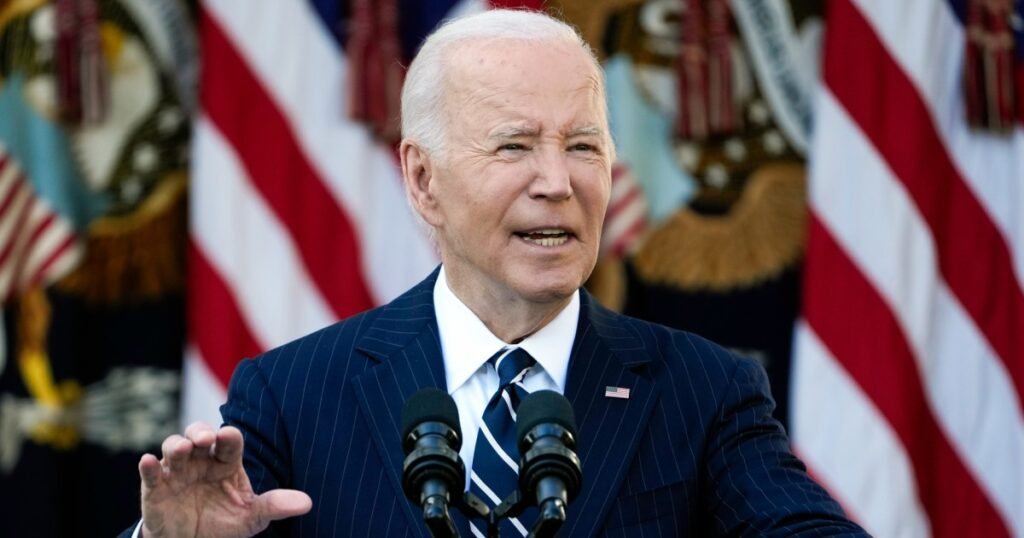
Joe Biden’s political career spans over three decades, beginning with his election to the U.S. Senate in 1972. Representing Delaware, Biden quickly established himself as a prominent Democrat, becoming known for his work in foreign relations and criminal justice. His tenure in the Senate coincided with significant political and social changes in the United States, particularly concerning race relations. As he ascended through the ranks of the Democratic Party, Biden’s positions evolved, reflecting both the shifting landscape of national discourse and the party’s attempts to grapple with its complex historical legacy.
Throughout the 1980s and 1990s, Biden was influential in shaping several key pieces of legislation, including the Violent Crime Control and Law Enforcement Act of 1994. This legislation has been extensively critiqued for its role in mass incarceration, which disproportionately affected African American communities. Observers often point to Biden’s historical role in this context as reflective of his party’s struggles to align with civil rights movements while still appealing to various voter bases. The Democratic Party, with its complicated past—including the founding of the Ku Klux Klan and various racial policies—faced challenges regarding its image and policies aimed at combating racism.
As Biden transitioned from the Senate to the vice presidency in 2009 under President Barack Obama, he further embraced issues of race and identity, promoting measures aimed at advancing social justice. During his presidential campaign in 2020, he sought to address systemic racism and inequality, positioning himself as a unifier in a deeply polarized nation. However, critics continue to scrutinize his legacy, questioning whether his past actions align with the ideals he now champions. Overall, Joe Biden’s political journey is a significant part of understanding present-day challenges within the Democratic Party and America’s ongoing struggle with race relations.
Racism and Controversial Statements
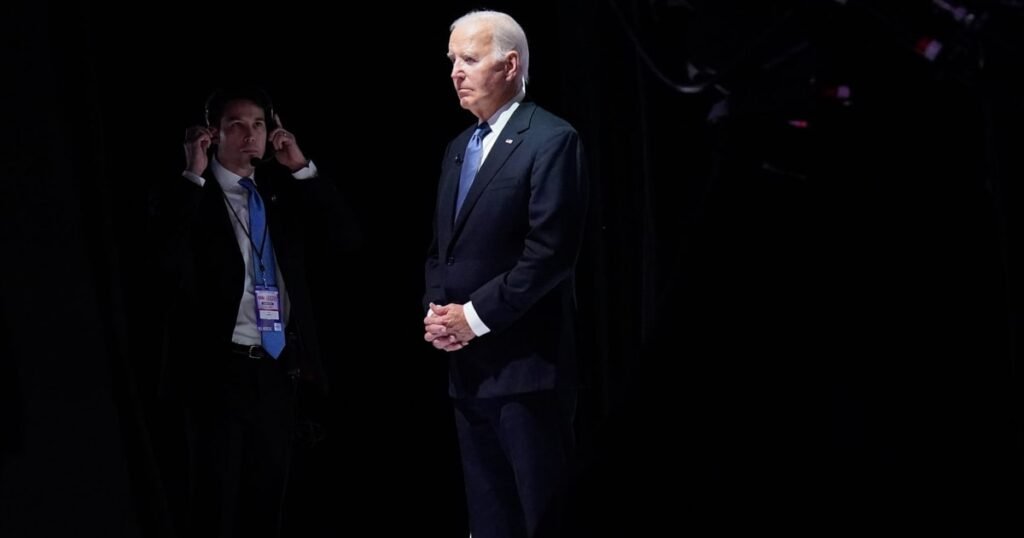
Throughout his lengthy political career, Joe Biden has encountered scrutiny regarding several statements and actions that have been perceived as racially insensitive. Notably, during his tenure in the Senate, Biden made remarks about African Americans that sparked considerable controversy. In a 1993 speech, he famously referred to the need for more penalties on crime, asserting that “in Delaware, the largest growth of criminal population is the African-American males.” Such rhetoric has been criticized for reinforcing negative stereotypes and perpetuating systemic racism in law enforcement practices.
Additionally, Biden’s association with segregationist politicians in the 1970s has been another focal point of criticism. He has been quoted expressing respect for past political figures who had pro-segregationist views. Critics argue that these associations reflect a broader ambivalence toward racial equality and have called into question his commitment to civil rights. Although he has since acknowledged and apologized for some of his past actions and statements, the perceptions surrounding them remain part of the discourse about his legacy.
Furthermore, during the 2020 presidential campaign, Biden faced backlash for comments made regarding African American voters, suggesting that if they did not support him, “you ain’t black.” This assertion was criticized as presumptive and dismissive, provoking discussions on political ownership and identity within minority communities. These instances illustrate the complexities of Biden’s legacy in relation to race and highlight how certain articulations can overshadow his accomplishments and policy positions aimed at social equity.
Overall, while Joe Biden has made significant strides in addressing racial issues throughout his political career, his past statements and behaviors can sometimes be overlooked in favor of a more favorable narrative. By critically examining these moments, we gain a more nuanced understanding of the challenges he faces in navigating the deeply entrenched racial landscape of American politics.
The Hunter Biden Controversy: A Familial Connection
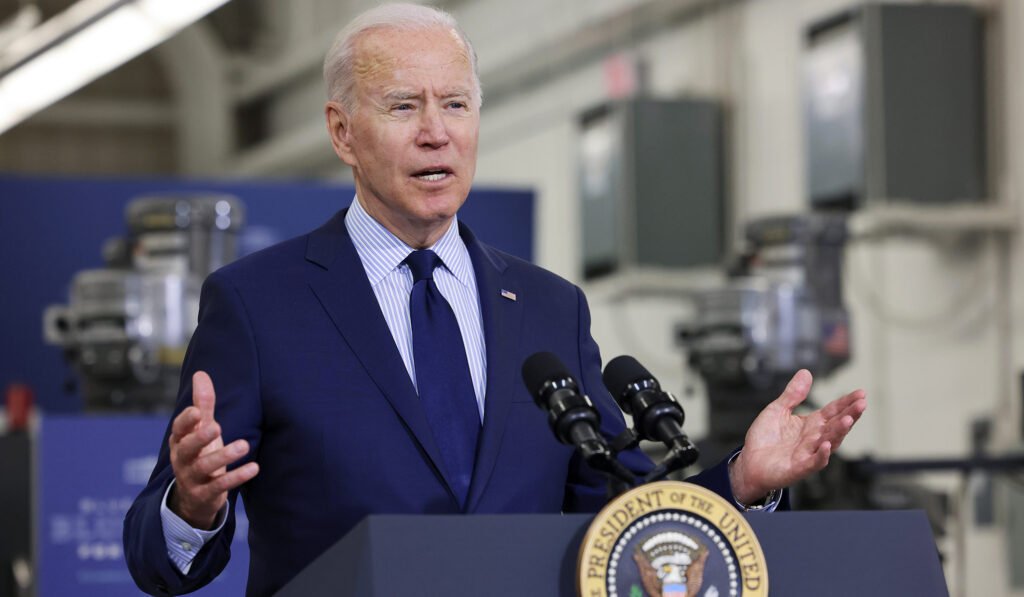
The controversies surrounding Hunter Biden, particularly his business dealings in Ukraine, have stirred significant discussions and allegations regarding Joe Biden’s political legacy. Hunter Biden served on the board of a Ukrainian gas company, Burisma, while his father was Vice President under the Obama administration. These prominent connections raised questions about potential nepotism and whether Joe Biden’s involvement in Ukraine was influenced by his son’s business interests.
Critics have argued that Joe Biden’s push for the dismissal of Ukraine’s prosecutor general, Viktor Shokin, was directly tied to Hunter’s position at Burisma. They claim that this constituted a conflict of interest, though Biden and his supporters maintain that the ouster of Shokin was supported by Western allies due to concerns over corruption. This situation has prompted accusations of impropriety against both Joe Biden and his son, positioning them at the center of a politically charged narrative seeking to illuminate the complexities of familial ties within the realm of politics.
Furthermore, these controversies were heightened during the 2020 presidential campaign, where Donald Trump’s administration sought to investigate Hunter Biden, alleging corruption. Joe Biden faced scrutiny over whether he had, intentionally or unintentionally, benefited from the actions of his son. The implications of these allegations have aroused both partisan and bipartisan concerns regarding ethics in politics. As such, the relationship between Joe Biden and Hunter Biden reflects deeper questions about the interactions of family and political power, crucially impacting Joe Biden’s public perception and political legacy.
In conclusion, the Hunter Biden controversy serves as a significant element that intertwines familial connections with political narratives, posing challenges to Joe Biden’s reputation as he navigates the complexities of leadership amid ongoing scrutiny.
Biden’s Presidential Campaigns and Election Claims
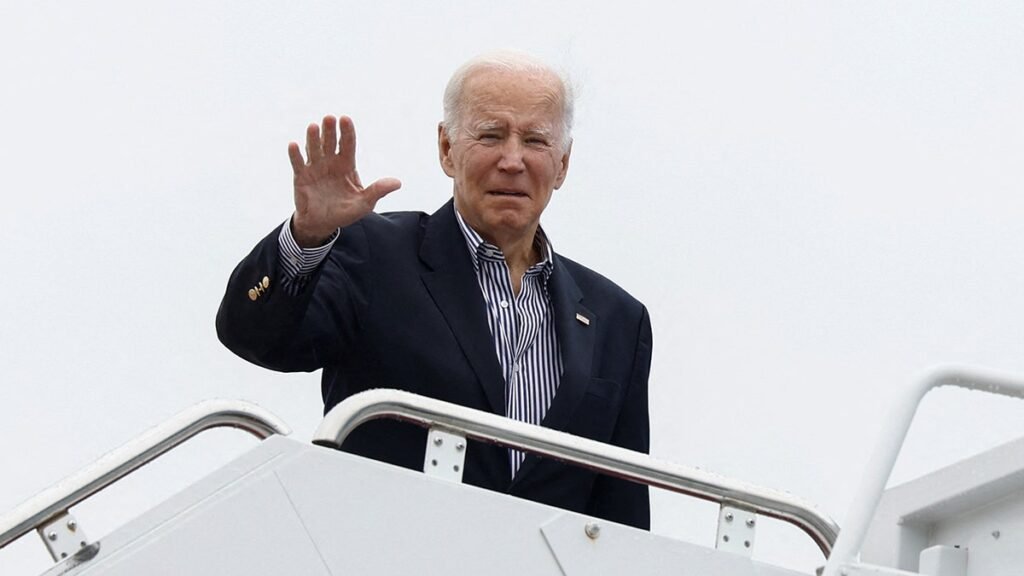
Joe Biden’s journey to the presidency was marked by a series of challenging campaigns, shaped by the complex political landscape of the United States. His initial bid for the presidency in 1987 ended prematurely due to allegations of plagiarism, demonstrating the scrutiny candidates face in the political arena. After a long hiatus from presidential campaigning, Biden sought the Democratic nomination again in 2008, eventually becoming Barack Obama’s running mate. This experience not only solidified his political standing but also set the stage for his 2020 campaign.
In 2020, Joe Biden emerged as a candidate during a tumultuous political climate characterized by deep divisions. His campaign focused on themes of unity and restoration, presenting himself as a moderate alternative to the incumbent president, Donald Trump. Biden’s political strategy was heavily influenced by the ongoing COVID-19 pandemic, racial justice movements, and the economic fallout resulting from the health crisis. His messaging resonated with many voters who yearned for stability and a return to normalcy.
The campaign was not without controversy. Following the election, Trump and his allies made unsubstantiated claims of widespread voter fraud, leading to a significant divide in public opinion. These allegations culminated in various legal battles and a toxic discourse surrounding the legitimacy of the electoral process. Despite these challenges, Joe Biden secured a decisive victory, receiving over 81 million votes—one of the largest in U.S. history. His ability to unite various factions within the Democratic Party and attract moderate Republicans played a crucial role in shaping public perception, allowing him to capture the presidency amidst an atmosphere of uncertainty and contention.
As Biden assumes office, the legacy of these campaigns will undoubtedly influence his presidency, shaping his policy agendas and his approach to governing a deeply divided nation.
Health and Personal Struggles: The Toll of a Public Life
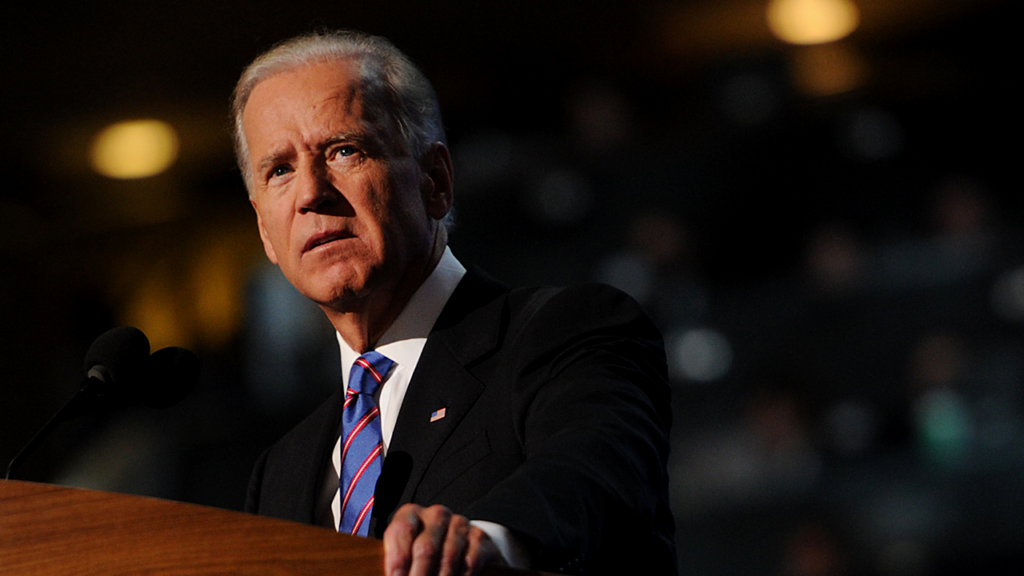
Joe Biden’s extensive political career, spanning over three decades, has not only been marked by significant legislative achievements but has also been heavily influenced by personal health challenges. His battle with health issues has periodically intersected with his public life, raising questions regarding their impact on his leadership capabilities. One of the most notable incidents occurred in the late 1980s when Biden underwent surgery for a brain aneurysm. This medical emergency required immediate attention and led to a temporary withdrawal from public duties, prompting concerns about his future in politics.
Moreover, as Biden aged, his cognitive health became a focal point of scrutiny. Although he has not been publicly diagnosed with dementia, various instances have sparked discussions regarding his mental acuity, especially during campaign trails and public appearances. Critics and analysts often point to moments of forgetfulness or verbal missteps as indicators of waning mental sharpness. These concerns have fueled speculation regarding whether his health issues hinder his ability to serve effectively as President, given the high demands of leading a nation.
Despite these challenges, Joe Biden’s resilience is noteworthy. His personal struggles have painted a picture of a leader navigating the complexities of public life while grappling with significant health adversities. This juxtaposition aims to humanize Biden, illustrating that while he is a leader who has faced historical challenges in governance, he is also an individual confronting personal battles. As public perception continues to shape his legacy, it is crucial to examine how these health issues have influenced his decision-making processes and leadership style over the years.
Scandals and Allegations: A Closer Look
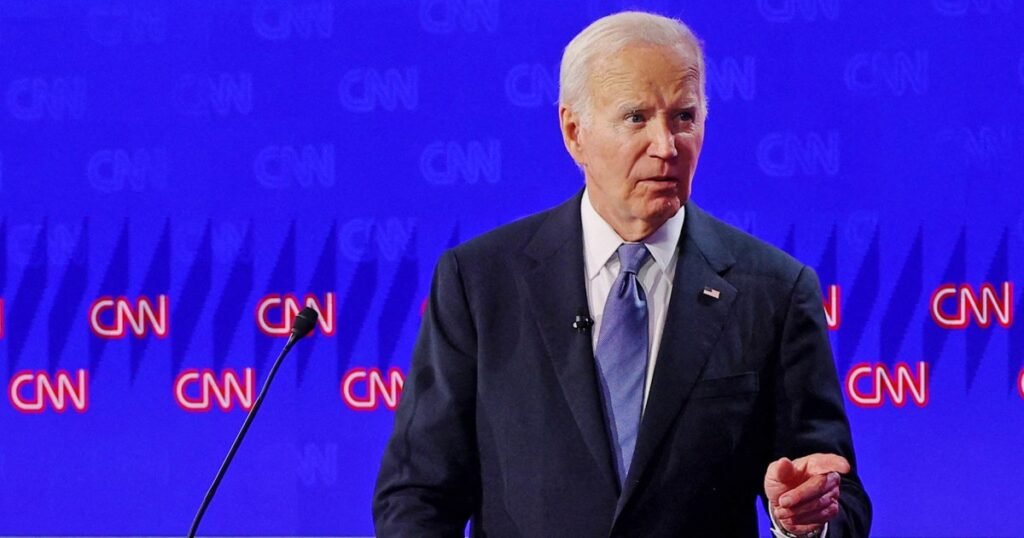
Joe Biden, the 46th President of the United States, has had a lengthy political career spanning more than three decades. Throughout this time, he has faced numerous scandals and allegations that have fueled public discourse and shaped his legacy. Notably, claims surrounding inappropriate behavior with family members have emerged, provoking significant media attention and public scrutiny. These allegations are not the first controversies to surround Biden, as his history within the political arena is filled with both triumphs and missteps.
One of the most notorious accusations against Joe Biden involves claims related to his interactions with women and young girls. Critics have highlighted specific instances where his physical demeanor may have crossed social boundaries. These incidents have raised questions about the appropriateness of his behavior in both personal and public settings, leading to widespread debate among political analysts and the general populace. The ramifications of these allegations have undoubtedly shaped the way voters perceive him, thrusting Biden into a complex narrative of morality and leadership.
Additionally, the scrutiny surrounding his family and personal life extends beyond individual accusations. The Biden family’s history has not escaped examination, with detractors frequently attempting to connect his political decisions to these controversial elements. Such politicization of personal matters can significantly impact electoral outcomes and public trust. Consequently, both supporters and opponents of Joe Biden utilize these controversies to either bolster his image or diminish his credibility.
As Joe Biden continues to navigate the challenges of his presidency, the echoes of past scandals and allegations persist. The ongoing discussion surrounding these issues is integral to understanding his legacy and the perception of his administration within the broader context of American politics. In summary, the interplay between Joe Biden’s political actions and the surrounding allegations paints a complex portrait of a leader grappling with the consequences of his past while striving to govern effectively.
Legacy of Corruption: Assessing Biden’s Impact

Throughout his extensive political career, Joe Biden has faced numerous allegations surrounding corruption and unethical behavior. These accusations stem from various facets of his long tenure, including his time as a U.S. Senator and later as Vice President, which have continued to resonate in contemporary political discourse. Critics have often pointed to instances where Biden’s actions could be perceived as self-serving, arguing that they have significant implications for public trust in government institutions.
The challenge of corruption in politics is multifaceted, and Biden is not immune to the scrutinies typically associated with elected officials. For instance, controversies surrounding his son, Hunter Biden, have sparked discussions regarding conflicts of interest and the implications of familial connections in political dealings. These incidents have contributed to an image of cronyism, which some argue taints his legacy. Subsequent to these allegations, Biden’s administration has also faced accusations of failing to appropriately address issues of transparency and accountability, raising questions about whether his tenure reflects a commitment to ethical governance.
Furthermore, Biden’s political decisions, particularly regarding foreign policy and domestic economic measures, have often been interpreted through a lens of skepticism regarding motivations and outcomes. Investigations into dealings during his time in office continue to surface, leading critics to frame his political journey as one marked by compromised integrity. Supporters of Biden argue that these allegations are politically motivated attempts to undermine his credibility, yet the persistent nature of the claims has undeniably affected how his presidency is perceived within the broader context of American politics.
In understanding Biden’s political legacy, one must consider how these allegations of corruption have shaped not only his reputation but also the trust American citizens place in their leaders. As debates continue regarding his influence on political ethics, the implications of Biden’s actions will likely remain a focal point in discussions about the future of American governance.
Public Sentiment: Biden as a Polarizing Figure

Public opinion regarding Joe Biden has long been marked by polarization, reflecting deep divisions in American political and social landscapes. Since his entry into public service more than three decades ago, his actions and decisions have elicited varied reactions from different segments of the population. The media’s coverage often amplifies these sentiments, shaping and reshaping perceptions of Biden and his administrative policies.
Polls illustrate this dichotomy; surveys taken throughout his presidency show a fluctuating approval rating, often revealing sharp contrasts between demographic groups. For instance, while younger and more diverse voters have shown relatively higher support for Biden, older, predominantly white voter groups tend to exhibit skepticism or outright disapproval of his policies. This disparity in public sentiment can be attributed to a variety of factors, including his handling of issues such as economic recovery, immigration, and climate change. Notably, Biden’s attempts to balance progressive priorities with centrist appeal have resulted in mixed reactions from both the left and right.
Moreover, social media platforms have transformed the dynamics of how Joe Biden is perceived. Real-time interactions facilitate an immediate response from supporters and opponents alike, creating a discourse that can sway public opinion rapidly. This phenomenon also leads to the rise of misinformation, which has fueled contentious debates further complicating his legacy. As societal values continue to evolve, Biden’s responses to current issues leave many wondering whether he can bridge the growing divide among parties.
Ultimately, the landscape of public sentiment around Joe Biden illustrates a complex relationship shaped by societal factors, media portrayal, and political discourse. It underscores the challenge he faces in reconciling diverse perspectives while striving to fulfill his commitments as a leader in a deeply divided nation.
Conclusion: Reflecting on a Controversial Legacy
Joe Biden’s extensive career in public service spanning more than three decades has undeniably left an indelible mark on the American political landscape. From his early days as a young senator to his current role as President, Biden has been at the center of pivotal moments in U.S. history, often drawing both praise and criticism. Key issues such as the economy, foreign policy, and social justice have been at the forefront of his agenda, reflecting both the challenges and aspirations of the nation. As we’ve explored throughout this blog post, Biden’s policies and decisions have sparked significant debates about their impact on various communities.
Moreover, Biden’s approach to governance draws stark comparisons to past administrations, making it essential for one to critically evaluate the implications of his legacy. His response to issues such as climate change, healthcare reform, and immigration has created discourse among supporters and detractors alike. Supporters argue that his policies are a necessary step toward progress, while critics assert they may have unforeseen consequences that could reverberate for years to come.
In examining Joe Biden’s legacy, it becomes imperative to recognize that each political figure, regardless of their party affiliation, must be scrutinized for their contributions—and shortcomings. As the nation moves forward, it will be vital for citizens to reflect on how history may judge Biden’s tenure in the long run. Will he be remembered as a leader who fostered unity and progress, or as one who presided over divisive times? The complexities of his legacy encourage ongoing dialogue and investigation into the ramifications of his actions, underscoring the importance of holding public figures accountable in shaping the future of America.


Leave a Reply